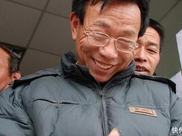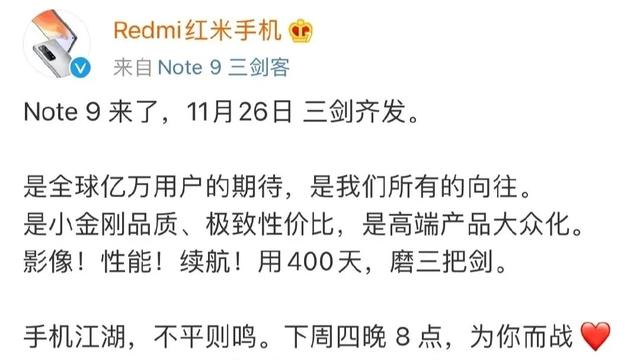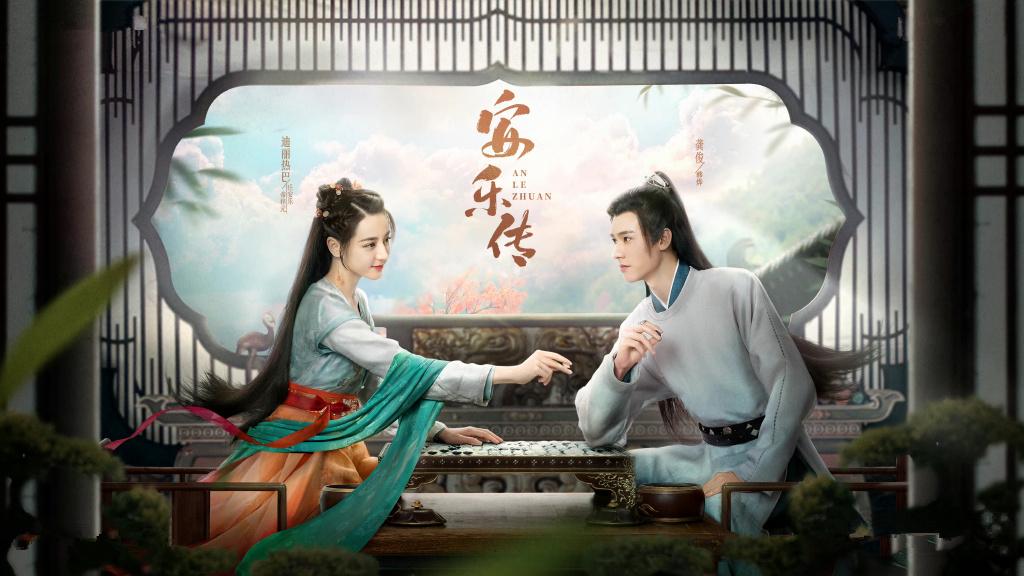HEDGE海聚留学|为什么和黑人抗争相反,美国华裔从内心到行动都“假装”自己是白人?( 三 )
Because of this increasing resentment, Chinese immigrants were subject to great mistreatment and forcedaway from gold mines and into urban communities, the first Chinatowns. However, even after white laborers’ issues with Chinese immigrants were resolved, sinophobia continued from both grassroots movements and politicians fordecades. Blatantly dehumanizing Chinese immigrants, Sen. John F. Miller ofCalifornia, a proponent of the Chinese Exclusion Act, called Chinese workers“machine-like…of obtuse nerve, but little affected by heat or cold, wiry, sinewy, with muscles of iron” when describing how they worked in mines; at thesame time, white laborers “persisted in their stereotyping of the Chinese as degraded, exotic, dangerous, and competitors for jobs and wages” (Wu).
In responseto the concerns of the American people, the federal government passed the ChineseExclusion Act in 1882. The act prohibited any Chinese laborers from entering the country or reentering if they had left. Initially, it was only meant to last 10 years, but was extended 3 times to ultimately be repealed 61 yearslater in 1943. In this time span, Chinese communities were drastically affected:
[The exclusion law] significantly decreased the number of Chinese immigrants into the United States and forbade those who left to return. According to the U.S. national census in 1880, there were 105,465 Chinese in the United States, compared with 89,863 by 1900 and 61,639 by 1920. Chinese immigrants were placed under a tremendous amount of government scrutiny and were often denied entry into the country on any possible grounds… Families were forced apart, and businesses were closed down.(Wu).
【HEDGE海聚留学|为什么和黑人抗争相反,美国华裔从内心到行动都“假装”自己是白人?】The passing of the Exclusion Act makes it clear that sinophobia in America started from a systemic level and is to blame for the issues that have affected Asian communities for the past century. Although Asian Americans did what they could to resist the government and protest when the policy firstpassed, their efforts were powerless in the bigger picture. After facing systemic discrimination for decades upon decades, it would be difficult tocontinue looking at one’s own people with pride. This in part explains how the need to assimilate to dominant culture started.
Works Cited
1. Fang, Jenn. "The Decade in AsianAmerica." NBC News, 30 Dec.2019. NBC News, www.nbcnews.com/news/asian-america/decade-asian-america-n1108581.Accessed 27 Apr. 2020.
2. Lee,Elizabeth. First Asian American PresidentialCandidate Scrutinized by Asian Americans. Federal Information & NewsDispatch, LLC, Washington, 2019. ProQuest,https://search-proquest-com.newtrier.idm.oclc.org/docview/2305097102?accountid=36487.
3. Office of the Historian, Foreign ServiceInstitute. "Chinese Immigration and the Chinese Exclusion Acts." Office of the Historian,history.state.gov/
milestones/1866-1898/chinese-immigration.Accessed 28 May 2020.
4. Wu, Yuning. "Chinese Exclusion Act."Encyclopedia Britannica, 13 Nov.2013, www.britannica.com/topic/Chinese-Exclusion-Act. Accessed 16 May 2020.
推荐阅读
- 思丝如针|47岁离异男:想找一个二婚对象,为什么这么不容易?
- 潇妈聊育儿|“到饭点才喊你的饭局,除非是铁哥们,否则别去”!这是为什么?
- 乳酸菌|为什么乳酸菌对我们的健康很重要?
- 朱棣|朱棣死之前是怎么安排传位的呢?为什么朱棣很被动?
- 九子|为什么龙生九子各不相同?看看这九子的母亲都是谁
- 售楼|为什么越来越多购房者避开毛坯房?听完售楼哥们的话庆幸早知道
- 李寻欢|《多情剑客无情剑》李寻欢:小李飞刀,为什么不是排第一?
- 文化|河南约7000年文化老城,县名朗朗上口,为什么大多数人总会念错?
- 朱元璋|朱元璋和马皇后生了那么多儿子,为什么朱元璋最喜欢朱标?
- 吕后|吕后为什么给一个大臣下跪,史书不会告诉你

















